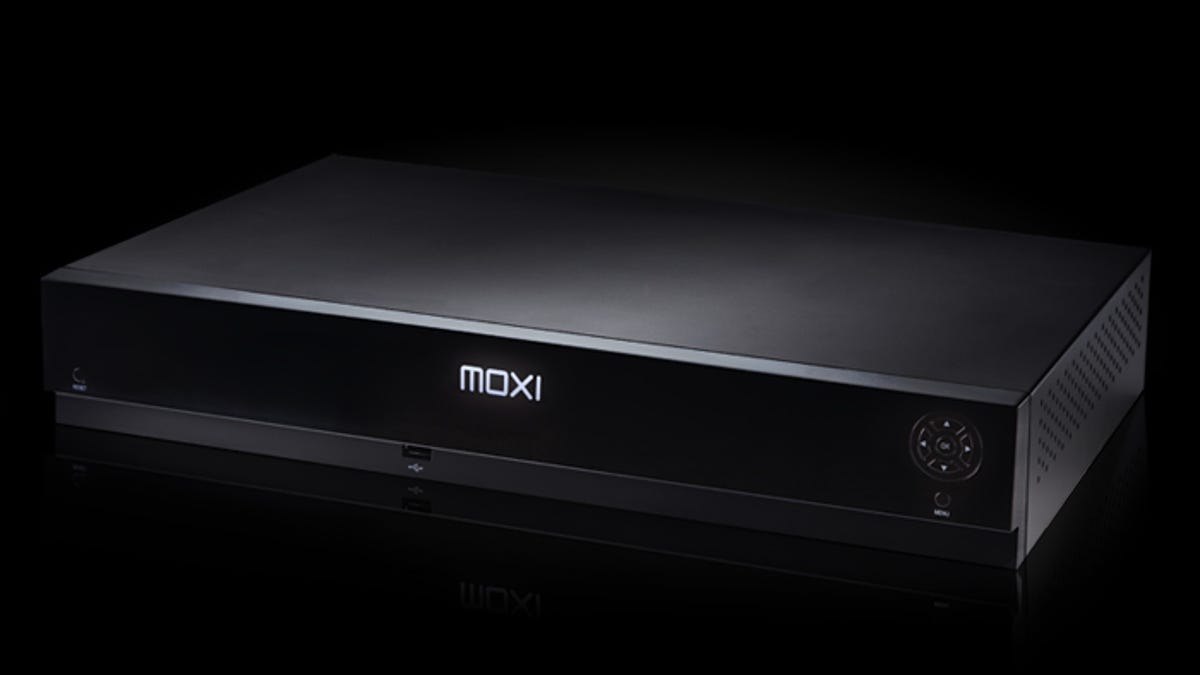How much would you pay for a DVR?
With cable customers accustomed to getting their DVRs for "free," will they pay upwards of $800 (or additional monthly fees) for off-the-shelf models from Digeo and TiVo?

Recently, Digeo began selling its new Moxi CableCard DVR at Amazon for a whopping $800. That got us thinking about the whole DVR category, and how the real prices of the products are often hidden with subsidies (from cable or satellite companies) or service fees (such as with TiVo).
If you're looking for a digital video recorder, your choices are limited by how you receive your TV signal--satellite, over-the-air antenna, or cable--and how much you're willing to pay a month. Satellite subscribers are shoehorned by their provider--Dish offers the excellent
For cable subscribers, things can be a bit more varied--and almost certainly more expensive. Nearly all cable companies now offer their subscribers an HD DVR option. They'll tout it as "free" (in that you don't have to buy the hardware), but your bill will undoubtedly include a rental charge for the hardware (and the remote!), as well as a "DVR service fee." Want to get a real TiVo instead? That may cut the rental charge and DVR service fee from your monthly cable bill, but then you're stuck paying a service fee straight to TiVo ($13 a month, $129 a year, or a flat $400 fee for the lifetime of the box). Meanwhile, your cable company still gets in on the action; they may still charge you for CableCard rental fees (needed for the TiVo to receive digital and premium channels), plus the normal service fee on top of that (the channel charges that make up the bulk of your bill). Going with the lifetime fee (just because it's easy), that brings the real-world cost of the cheapest high-def TiVo, the
Enter the
Meanwhile, TiVo and Moxi both suffer from the limitations of their CableCard architecture. The products can't access video-on-demand features available to standard cable boxes (a shortcoming that TiVo's ample online features somewhat ameliorates) and they may need an external adapter box if your cable system utilizes switched-digital video (SDV) technology.
I didn't get to see the Moxi demo at January's Consumer Electronics Show in Las Vegas, but the DVR's UI got high marks from those who did. The prospect of multiroom extenders and the addition of DLNA support (better PC-to-TV media streaming) would certainly help raise the Moxi's value proposition. If my current rental DVR (a Scientific Atlanta 8300HD provided by Time Warner) costs me $15 a month, I'd have to hold onto the Moxi for more than 4 years to make the investment worthwhile. (For the TiVo, it'd be just under 4 years.) Meanwhile, if my Scientific Atlanta craps out, I need only drop by Time Warner's service center to exchange the DVR free of charge. For instance: to get in on the company's new "Start Over" service--which lets you automatically rewind certain broadcasts to their starting point while channel surfing--I need new hardware, which I can upgrade to at no cost. That service won't be available on TiVo or Moxi boxes.
Yes, I understand the idea of paying a premium for a better interface, and we really liked the earlier prototype of the Moxi we saw in the summer of 2007. But $800 is a lot of money. So, unless Moxi brings the price way down--say, $399--or adds a boatload of more features, I don't see myself trading in my current rental DVR.
How about you: Would you pay a premium for a TiVo or Moxi DVR? Or are you happy to pay $10 to $15 a month for a rental that's "good enough?"

